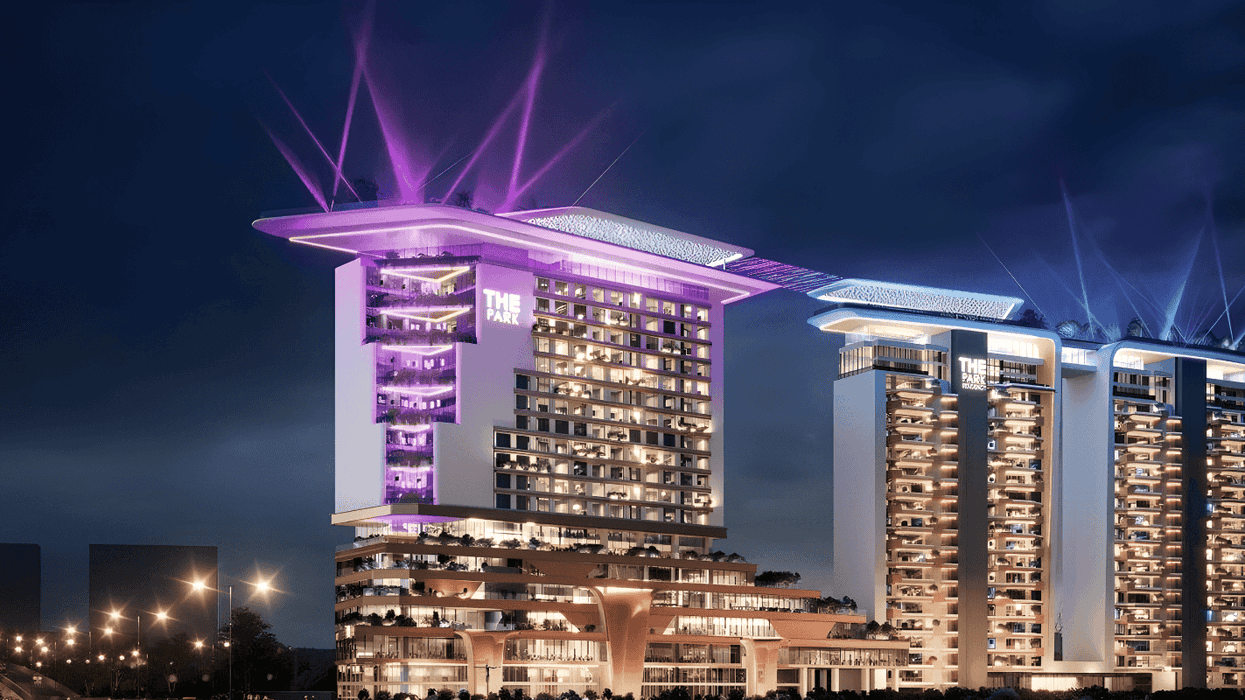Summary:
- Generative AI is speeding recruitment, HSMAI reported.
- AI can cut search workloads by 60 to 80 percent.
- About 30 to 40 percent of executive roles now emphasize analytics, systems thinking.
GENERATIVE ARTIFICIAL INTELLIGENCE is changing executive hiring in the hospitality industry by speeding recruitment and expanding candidate pools, according to the Hospitality Sales and Marketing Association International Foundation. AI tools can cut search workloads by 60 to 80 percent and 51 percent of organizations use AI for deeper insights in decision-making.
HSMAI’s report, “How Generative AI is Reshaping Executive Hiring in Hospitality,” found that leadership expectations are shifting toward analytical skills and digital adaptability. The report draws on the foundation’s 2024 research on AI in talent management and shows how firms such as SearchWide Global are using generative AI to shorten search cycles, expand candidate pools and identify leadership capabilities needed for hospitality executives.
“Searches are moving more quickly, candidate pools are expanding and leadership expectations are shifting in real time,” said Brian Hicks, HSMAI president and CEO. “AI isn’t just improving efficiency—it’s redefining what effective leadership looks like and creating new opportunities for both organizations and candidates across the hospitality industry.”
SearchWide Global reported a 60 to 80 percent reduction in research and development workloads, with AI producing first-draft scorecards, structured evaluation frameworks and historical data synthesis in hours rather than weeks. Across the industry, about 44 percent of organizations use AI tools for recruitment and large employers report up to an 86 percent decrease in time-to-hire.
Generative AI also supports benchmarking and analysis of leadership patterns, producing candidate summaries aligned with organizational values, goals and success metrics, the report said. Currently, 51 percent of organizations use AI in recruiting, making HR the function with the highest AI adoption.
An analysis of thousands of job descriptions shows that 30 to 40 percent of executive roles now emphasize analytics fluency, systems thinking and digital adaptability, the foundation said. Even nontechnical leaders are expected to manage AI-supported teams and incorporate data into decision-making.
“As organizations adapt to a more data-driven future, the ability to identify agile, cross-functional leaders has never been more important,” added Lori Kiel, HSMAI Foundation chair and Pyramid Global Hospitality's senior vice president of revenue. “AI is helping uncover talent that might previously have been overlooked and giving employers clearer insight into the competencies that matter most. We believe this evolution will strengthen both recruitment outcomes and long-term organizational performance.”
By evaluating behavioral traits and leadership strengths rather than titles or industry background, AI identifies candidates from sectors such as SaaS, logistics and retail, broadening the pool of leaders equipped for hospitality roles, the report said.
HSMAI’s fourth annual “State of Talent Report” found that AI is reshaping jobs, careers and organizational priorities. With a shrinking workforce and growing competition for talent, people remain the key differentiator and organizations that prioritize them will lead the industry.






